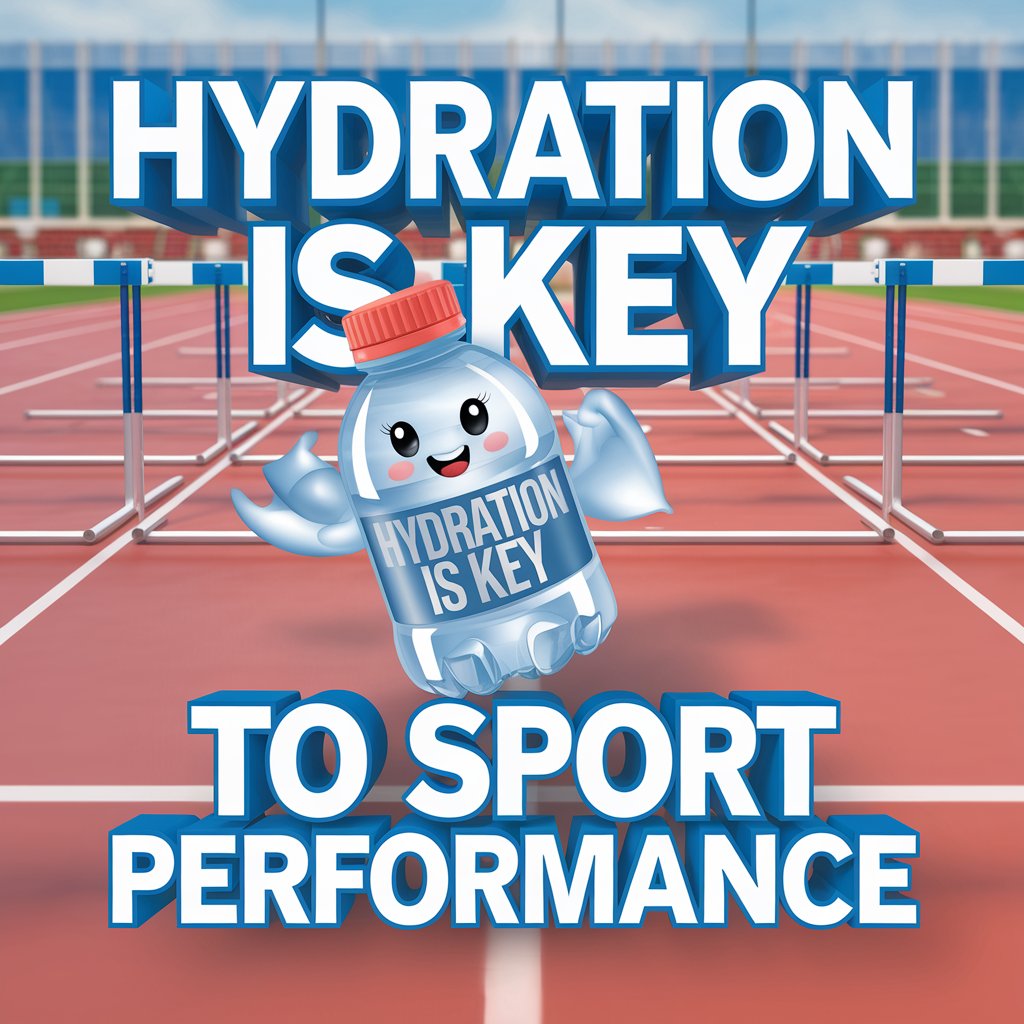Hydration is a critical component of athletic performance. Dehydration, even in mild forms, can negatively impact endurance, cognitive function, and overall athletic ability. For athletes of all levels, staying adequately hydrated is essential for optimizing performance and preventing injuries.
The Importance of Hydration for Athletes
The human body is composed of approximately 60% water. When we lose fluids through sweat, respiration, and urine, it can disrupt our body's balance and impair our ability to function optimally. Dehydration can lead to:
- Decreased endurance: As fluid levels drop, the body becomes less efficient at delivering oxygen to muscles, leading to fatigue and decreased endurance.
- Impaired cognitive function: Dehydration can affect concentration, decision-making, and reaction time.
- Increased risk of injury: Dehydration can lead to muscle cramps, dizziness, and heat-related illnesses, all of which can increase the risk of injuries.
- Reduced performance: Even mild dehydration can negatively impact athletic performance, leading to decreased speed, power, and agility.
The Role of Smart Gear in Hydration
Smart gear has revolutionized the way athletes monitor and manage their hydration. By incorporating advanced sensors and technology, these devices provide real-time data on fluid intake, sweat rate, and other hydration-related metrics. This information empowers athletes to make informed decisions and ensure they are adequately hydrated throughout their training and competitions.
Smart Water Bottles:
- Real-time hydration tracking: Smart water bottles often feature built-in sensors that track your fluid intake throughout the day. This helps you stay aware of your hydration status and adjust your intake accordingly.
- Personalized hydration recommendations: Some smart water bottles can analyze your activity level, sweat rate, and environmental factors to provide personalized hydration recommendations.
- Goal setting and tracking: Many smart water bottles allow you to set hydration goals and track your progress, providing motivation and accountability.

Wearable Technology:
- Sweat rate monitoring: Wearable devices like smartwatches and fitness trackers can monitor your sweat rate, providing valuable insights into your fluid loss during exercise.
- Heart rate monitoring: Heart rate can be an indicator of hydration status. Elevated heart rates, even during moderate exercise, can be a sign of dehydration.
- Real-time alerts: Some wearable devices can send alerts when you're at risk of dehydration, encouraging you to drink more fluids.

Other Smart Gear:
- Smart cooling vests: These vests can help regulate body temperature and prevent heat-related illnesses during intense workouts.

- Smart electrolytes: Some smart electrolyte drinks can provide personalized hydration and nutrient replenishment based on your individual needs.
Tips for Optimal Hydration
In addition to using smart gear, there are several other strategies for staying hydrated:
- Drink before you're thirsty: Don't wait until you're thirsty to drink. Thirst is often a sign of mild dehydration.
- Consider your environment: In hot and humid conditions, you may need to drink more fluids to compensate for increased sweat loss.
- Choose the right fluids: Water is the best choice for hydration, but sports drinks can be beneficial during prolonged or intense workouts due to their electrolyte content.
- Listen to your body: Pay attention to your body's signals, such as dizziness, fatigue, or muscle cramps, which can be signs of dehydration.
Conclusion
Hydration is a critical aspect of athletic performance. By utilizing smart gear and adopting effective hydration strategies, athletes can optimize their performance, prevent injuries, and improve their overall well-being. With the advancements in technology, staying hydrated has never been easier or more effective.

